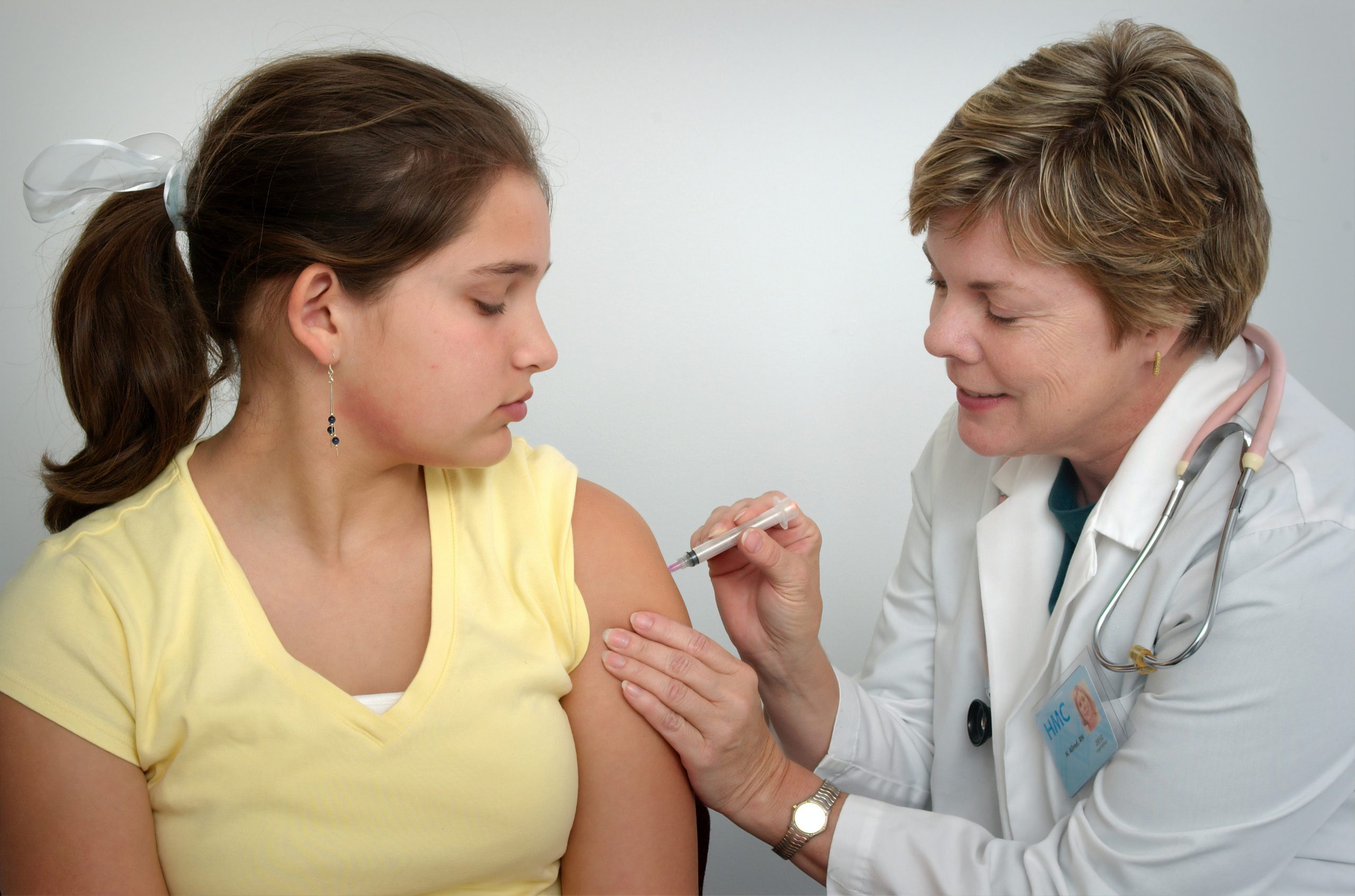In the race to produce an effective vaccine against COVID-19, two institutes have appeared to find success in their own project. Scientists are also continuing to experiment with repurposing older vaccines into viable ones, to support immunization from the highly contagious virus.
Here’s the latest in COVID-19 research:
Success Seen in 2 Doses of New Vaccine
A collaboration between the Jenner Institute and The Pirbright Institute in the United Kingdom have seen success in their new vaccine. Called the ChAdOx1 nCoV-19 vaccine, the institute has tested it on pigs and discovered that two doses produced a greater antibody response than a singular dose.
The institutes have already begun the first phase of the human clinical trials, and are now recruiting more volunteers for the next phase. Given their new findings in the vaccine’s effectiveness on pigs, scientists have been led to believe that the same may apply to humans. Should the results from the human clinical trials show insufficient effectivity, then it is indicative that two doses may be more successful in humans as well.
The two doses of the vaccine have shown to increase antibody responses to the virus in pigs, which is promising progress in the trial. Pigs are popular testing models for human vaccines, after all, as they bear many physiological similarities to humans.
Researchers have also tested its effectivity on macaque monkeys. According to their observations, a single dose of the vaccine was sufficient to prevent lung disease.
Reusing MMR Research and Vaccine for COVID-19
Apart from making significant progress in new vaccines, researchers have begun to look into the potential of old vaccines in preventing inflammation caused by COVID-19. According to recent research, the common vaccine used to immunize against measles, mumps, and rubella (MMR) can actually stop COVID-19 from leading to more severe symptoms in the body.
Other research supports the idea that repurposing vaccines made for other viruses may help provide immunity from COVID-19. In fact, a tuberculosis vaccine is being tested by many clinical trials to evaluate its effectiveness against the new coronavirus.
Scientists believe that some vaccines may be beneficial to the immune system in different ways that will help it fight against COVID-19. These vaccines may prove effective, even though they were not initially designed to attack the virus. The immune system’s capacity to fight infection this way is known as the innate immune response and serves as the first line of defense against foreign particles or infections.
Reusing vaccines that were initially created to immunize against MMR is contingent on the notion that this innate immune response can be developed. In fact, studies suggest that MMR vaccines protect against COVID-19: fewer deaths from the virus were found in populations that were widely vaccinated against MMR. Researchers have said that using MMR vaccines may be a viable option that is low-risk and high-reward in combating the new coronavirus.
Two scientists, Dr. Paul Fidel, Jr., and Dr. Mairi Noverr, are hoping to carry out a clinical trial of MMR vaccines in high-risk healthcare workers in New Orleans. They have also received a grant to carry out these clinical trials—along with tuberculosis vaccines—in monkeys with COVID-19.
Dose of Healthcare is the premier healthcare news site. We bring you the latest news in the healthcare and medical industry. Want to know the most recent updates in the fight against COVID-19? Visit our website today!


















